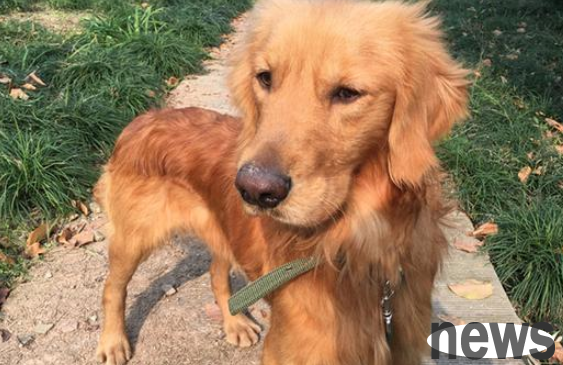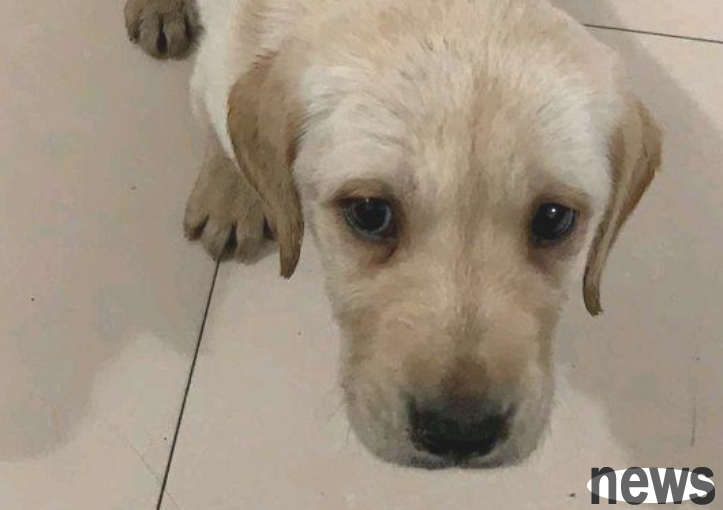Anyone who has a dog at home must know that raising a dog is not a particularly simple matter. There are many things we need to pay attention to. If the dog is sick, we need to take them to the doctor. If the dog does not gain weight, it may be a physical problem, so we need to understand why the dog does not gain weight and what to do if the dog is very thin.
Many dog owners will encounter situations where it is difficult for their dogs to gain weight, or even remain thin all the time. The furry baby is over 6 months old and has yet to gain weight, which makes people worry about its health.
Today, the editor will bring you the reasons why dogs are very thin and do not gain weight. Pet owners can just prescribe the right medicine. If you find the content helpful, please like and save it!
1. Parasites
When it comes to thin dogs, everyone often thinks of parasites. If a dog is infected with parasites, these parasites will directly suck blood or compete for food nutrients in the dog's body, causing the dog to be undernourished and lose weight.

Generally, the way to judge parasites is also very simple. Look for insect eggs in the feces, remove the hair on the dog's body to see if there are any parasites and eggs, and see if there is obvious weight loss in the ribs. If the parasites are dewormed in time, the dog can slowly gain weight and return to normal weight.
2. Blood Parasites
Blood parasites are relatively rare diseases that cannot be detected with conventional stool tests. They must be detected through blood collection and testing. At the same time, blood parasites are very harmful. They live in the blood of the whole body and are difficult to treat.
Dogs with blood parasites often have yellow eyes, malnutrition, bloodless gums, and body weight loss. If you find this situation, you need to be sent to a doctor immediately for treatment.
3. Too much exercise
Whether the dog is gaining weight or not is not entirely a health problem. The owner should also consider whether the dog exercises regularly and runs freely.
If the dog exercises frequently or engages in work that consumes a lot of energy (sniffing and tracking scents), then the nutrients on the body cannot be retained and are directly converted into energy and metabolized during exercise activities. Owners need to control the dog’s amount of exercise and ensure it receives adequate nutrition.

4. Poor gastrointestinal digestion
Some dogs are born with poor gastrointestinal conditions and poor digestion and absorption. However, no matter how much food the owner provides, its actual digestion and absorption rate is very low, resulting in insufficient nutritional intake and weight loss.
If you find that your dog has soft stools and poor digestion, you can feed some pet probiotics, feed small meals frequently, or soak soft dog food with goat milk powder to improve the dog's intestinal digestibility and make it stronger.
5. The staple food is not nutritious enough.
The last thing to consider when a dog is losing weight is whether the staple food the dog eats is nutritious enough and unbalanced? It is recommended that owners who do not know how to mix nutritious and balanced dog food can choose nutritious and balanced natural dog food to ensure that their dogs eat nutritiously and healthily.
Okay, go back and see if your dog’s weight reaches the standard?